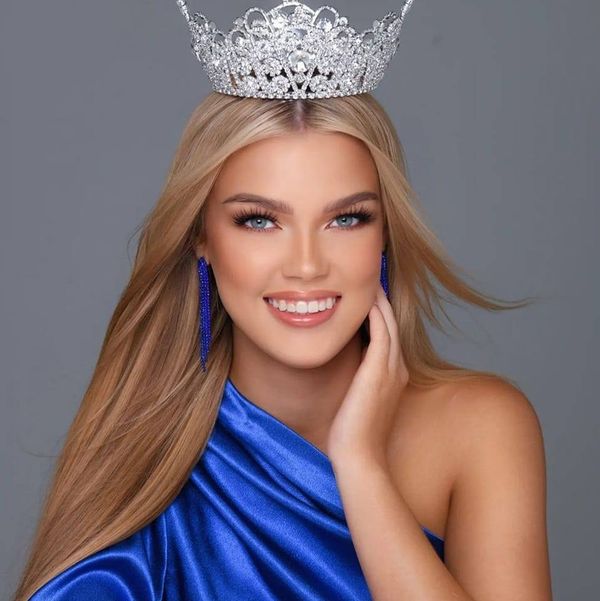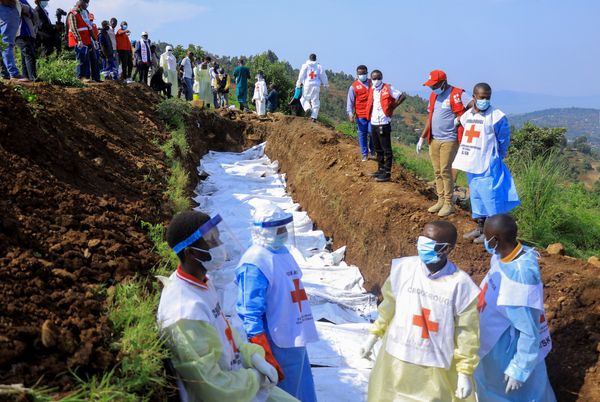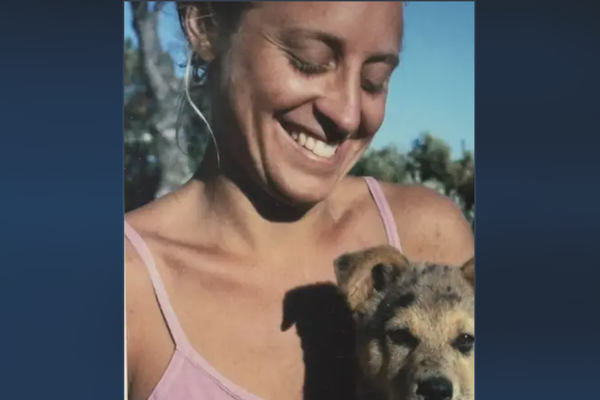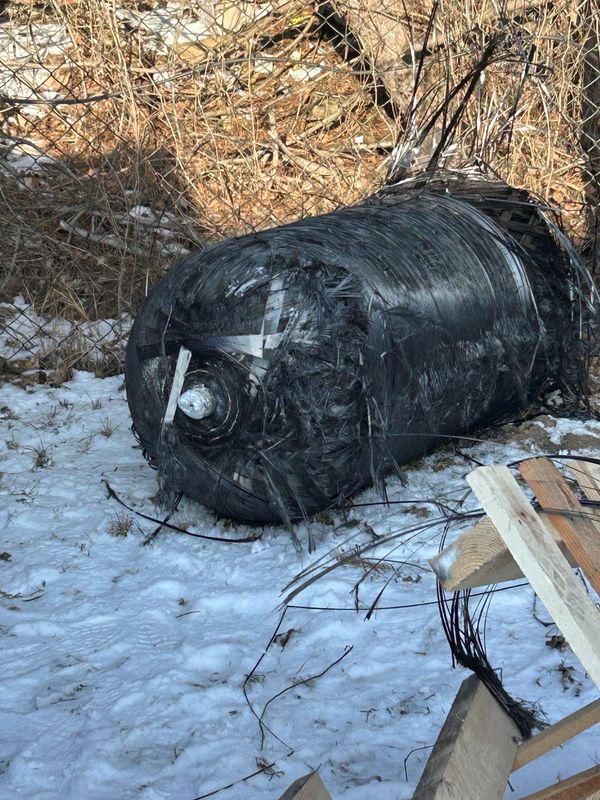
Anti-trans campaigns have been a favourite rallying call for the far-right in recent times, and Australia is no exception. As recently as Wednesday night, One Nation Senator Pauline Hanson attacked healthcare for transgender children in a typically offensive and counterfactual speech to the Senate. This isn’t new for Hanson: in August 2020, she stood behind One Nation’s Mark Latham as he tried to launch a legislative attack on the LGBTQIA+ community across the NSW school curriculum.
If you’re sick of headlines full of “the transgender debate”, you aren’t alone. As a trans woman, I’m tired of it, and everyone I know is too. Transgender rights are a settled issue, agreed upon by medical experts and human rights commentators, but you wouldn’t know it from our political discourse. And you certainly wouldn’t know that the idea of attacking those rights is actually politically unpopular.
Support for transgender rights remains high in Australia, with a 2020 poll showing two-thirds of respondents support transgender healthcare and anti-discrimination protections for transgender people. That figure rises to 93% for those who know someone who is transgender, demonstrating the key to our rights lies in representation and conveying facts. More recently, an IPSOS 2023 global survey released in early June also asserted that the majority of Australians support protection from discrimination for transgender people (with some potentially revealing qualifications given the tenor of the discourse over the past few years). A 2022 survey of 2000 Australian parents found 82% want to see gender and sexuality diversity topics in the school curriculum.
Attacks on transgender rights to healthcare and recognition remain unpopular, despite the efforts of the far right. But this hasn’t stopped them from trying; political discourse from local to federal is filled with this “debate”. And though Queensland happily wrote self-identification into law earlier this year, the show carries on, with major parties still pandering to the anti-trans side.
One of the most notorious examples was the preselection of Katherine Deves as the Liberal candidate for Warringah in May 2022. That led to over a 5% swing against the Liberal primary vote in the formerly safe seat, a strong rebuke of the Liberal Party and the anti-trans lobby forcing this issue — at a time when issues such as skyrocketing house prices and unmet fossil fuel targets were vastly more important.
But it didn’t end there. In March, when Victorian Liberal Leader John Pesutto attempted to expel Moira Deeming for her attendance at a rally headlined by British anti-transgender activist Kellie-Jay Keen, which was attended by neo-Nazis, the party succumbed to infighting from Deeming’s supporters. A compromise was reached months later, which softened her expulsion to just a nine-month suspension. Deeming then threatened Pesutto with litigation, arguing that he publicly accused her of being a Nazi sympathiser, which she insists was false.
On the other side, Labor earlier this month proposed to remove a commitment to strengthen protections for the queer community. Despite Albanese touting himself as a defiant ally, he has abandoned this image in favour of an “anti-woke” position, backtracks that are out of step with the feelings of the Australian public, and leaving the growing queer community with very little trust in both major parties.
But perhaps the most notorious example of mishandling can be found within the Victorian Greens. The catalyst for this was the election, and then subsequent dismissal, of Linda Gale as state convener last year over her historical comments about trans people, and the controversy surrounding Melbourne City Councillor Rohan Leppert’s support of anti-trans commentary on social media.
Major figures from the Victorian Greens showcased their support for the trans community, but many other members refused to back down from what they saw as a legitimate left-wing debate, despite anti-trans positions aligning firmly with the far right. This storm persists, with the pro-transgender side successfully updating the state party’s code of conduct to strengthen support of trans rights, and the anti-trans side retaliating through strategic leaks and resignations.
Many decry that a “fringe issue” has overtaken the party. But if debating transgender rights is marginal and unpopular, how has it managed to engulf Australian politics? Well, we only need to look at the United Kingdom and the United States to understand what happens if this situation is left unchecked.
In the UK, the media and both major party leaders have seemingly abandoned trans rights entirely, and recognition of transgender people is set to become a major battleground in the fight for Scottish independence. In the US, red and blue states are becoming separated almost entirely by their tolerance for trans people. It’s horrifying but also hilarious, watching as my rights seemingly tear apart the Anglosphere.
It’s impossible to say whether things will reach that degree in Australia, but one thing is for certain: this is what happens when a culture war is maliciously injected into our political discourse and the discussion is dominated by people ill-equipped to handle it.
As I’ve written before, media attention surrounding this issue has been almost exclusively reported on by cisgender journalists who routinely fall for anti-trans bait and repeat misinformation. Even with the best of intentions, journalists refuse to check their sources, fix their mistakes or consult with my community.
Similarly, political representation of transgender people in Australia is abysmal. Erin Moroney and Jade Darko became the first transgender people elected to public office in Australia earlier this decade, both to councils in New South Wales and Tasmania respectively, and both members of the Greens. That puts us well behind the United States, where an estimated 77 gender-diverse officials currently serve in elected positions, including high-profile names such as Sarah McBride and Zooey Zephyr.
Even when we do have transgender people serving in politics here, their conduct can leave a lot to be desired, as was the case with Bianca Haven notoriously attracting headlines for her disgusting social media use, which was then used by the right-wing media to discredit trans activism within the Greens. In spite of this, there is no shortage of genuine talent from trans politicians here in Australia, and we deserve better.
It shouldn’t need to be said that issues should never be decided by those who don’t share the lived experience, and yet that is easily the reality in Australia. The public, and particularly the queer community, wants this issue resolved and our community properly listened to.
I can easily repeat the harrowing statistics around transgender rates of depression, or poverty, or murder, but I shouldn’t need to when justifying my right to have my voice heard, or my demographic represented when my rights are being debated in Parliament. It’s not too much to ask. Let’s stop with this charade and focus on the real issues we all face together.







